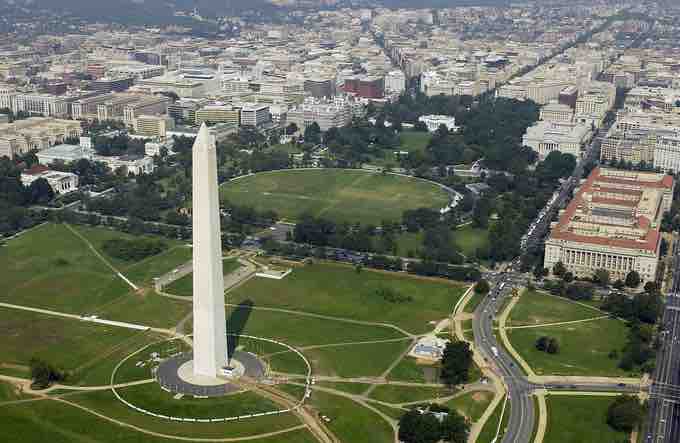Devolution is the statutory granting of powers from central government to government at a regional, local, or state level. The power to make legislation relevant to the area may also be granted. Devolution differs from federalism in that the devolved powers of the subnational authority may be temporary and ultimately reside in central government. Legislation creating devolved parliaments or assemblies can be repealed or amended by central government in the same way as any statute. Federal systems differ in that state or provincial government is guaranteed in the constitution.
The District of Columbia in the Unites States offers an illustration of devolved government. The District is separate from any state and has its own elected government, which operates much like other state with its own laws and court system. However, the broad range of powers reserved for the 50 states cannot be voided by any act of U.S. federal government. The District of Columbia is constitutionally under the control of the United States Congress, which created the current District government. Any law passed by District legislature can be nullified by Congressional action. Indeed, the District government itself could be significantly altered by a simple majority vote in Congress.

District of Colmbia
The District of Columbia is an example of devolved government.
In the United States, local governments are subdivisions of states, while the federal government, state governments and federally recognized American Indian tribal nations are recognized by the United States Constitution. Theoretically, a state could abolish all local governments within its borders.
Local governmental entities like municipalities, counties, parishes, boroughs and school districts are devolved. This is because they are established and regulated by the constitutions or laws of the state in which they reside. In most cases, U.S. state legislatures have the power to change laws that affect local government. The governor of some states may also have power over local government affairs.